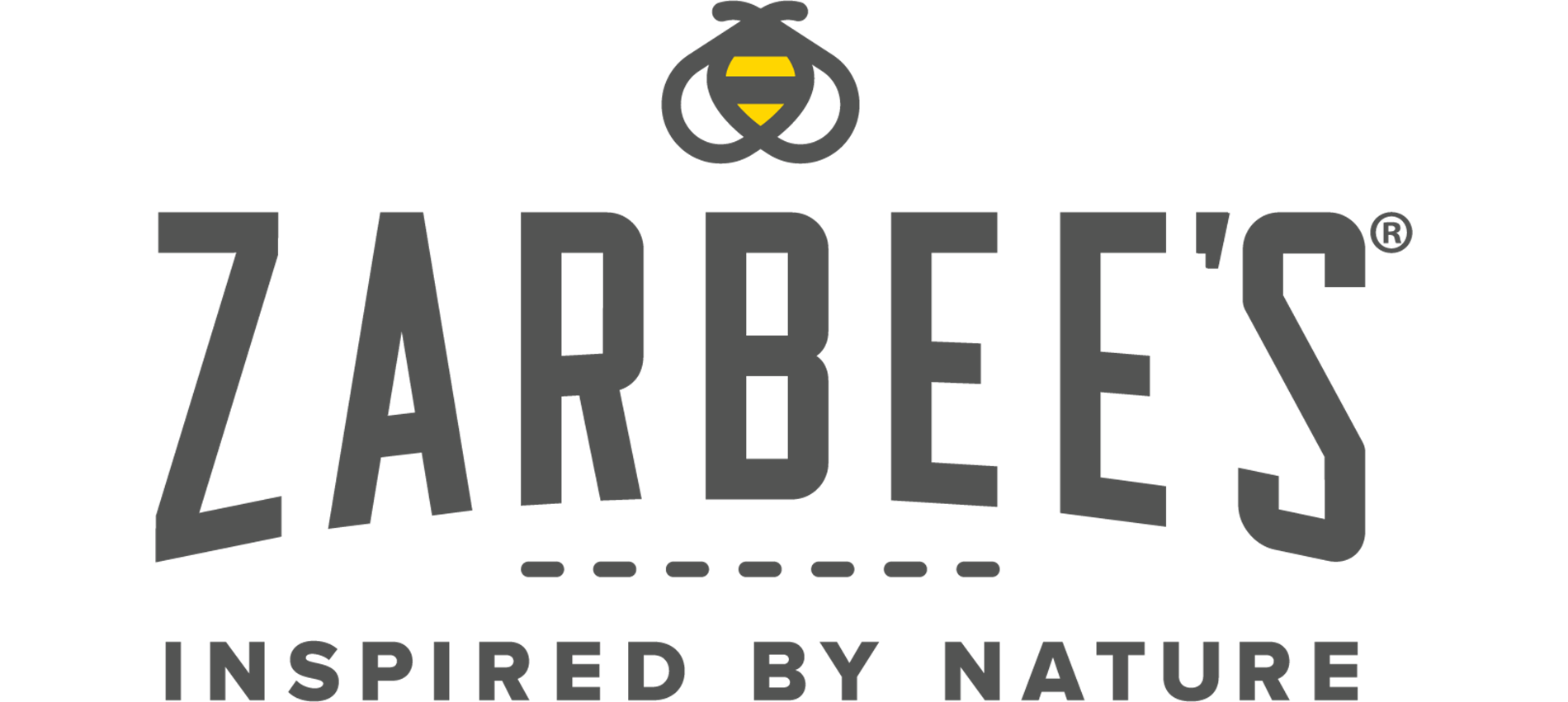You’ve probably heard a thing or two about gut health. If you’ve ever felt confused about the difference between probiotics and prebiotics, you’re not alone! Both are crucial for digestive health, but they each serve their own special purpose in nurturing a balanced gut. We’re here to help clear up the difference between probiotics and prebiotics and how they can help support your little one.
What are Probiotics?
Probiotics are live bacteria and yeasts that help to add more good bacteria to your child’s gut to keep it happy and healthy. They help maintain the balance of microorganisms in the digestive system to support overall health. Probiotics can be found in certain foods and supplements.
What are Prebiotics?
Prebiotics are the types of fiber that your intestines can’t fully digest, and they help feed the good bacteria in the gut to improve your overall microbiome. Prebiotics aid in better digestion, nutrient absorption, and a stronger immune system. Prebiotics can be found in certain foods and prebiotic fiber supplements.
Benefits of Prebiotics and Probiotics:
Both probiotics and prebiotics play a huge role in your child’s digestive health by working together to promote a healthy gut microbiome. That’s essential for supporting their immune system and development!
Probiotics can help reduce digestive issues like diarrhea, constipation, and bloating, while also supporting the immune system by encouraging the growth of good gut bacteria.
Prebiotics are necessary to help good bacteria thrive. A balanced gut environment leads to better digestion and improved gut function. For more information on how probiotics and prebiotics work with your little bee’s gut health, check out our article on Gut Health and the Gut Microbiome.
Prebiotic and Probiotic Foods
Help your kids say hello to healthy gut flora with foods high probiotics and prebiotics. They’re nutritious and packed with beneficial bacteria or fiber!
Foods High in Probiotics:
Sauerkraut
Kombucha
Yogurt
Kimchi
Pickles
Miso
Kefir
Foods High in Prebiotics:
Bananas
Oats
Lentils
Apples
Beans
Garlic
Onions
Asparagus
Leeks
Sweet Potatoes
Probiotic and Prebiotic Supplements
Adding foods high in probiotics and prebiotics to your child’s diet is crucial to their gut health, but probiotic and prebiotic supplements can help for picky eaters or kids with specific health needs. Supplements come in various forms like liquids or chewables. Zarbee’s Children’s Multivitamin + Probiotic Gummies are specially formulated for kids 2 and up to support healthy digestion* with essential vitamins and probiotics. They also come in yummy orange, lemon, and cherry flavors your little bees will love!
What are Postbiotics?
Okay, you’ve learned about prebiotics and probiotics, but have you heard of postbiotics? Postbiotics are the waste left behind after your body digests both prebiotics and probiotics. Postbiotics have various health benefits, from reducing the risk of gut-related disorders to managing inflammation, and include vitamins B and K, amino acids, and short-chain fatty acids. Short-chain fatty acids, for example, help fuel the cells lining the gut. Postbiotics are not yet wildly available like probiotics, but you can still get benefits from eating probiotics.

